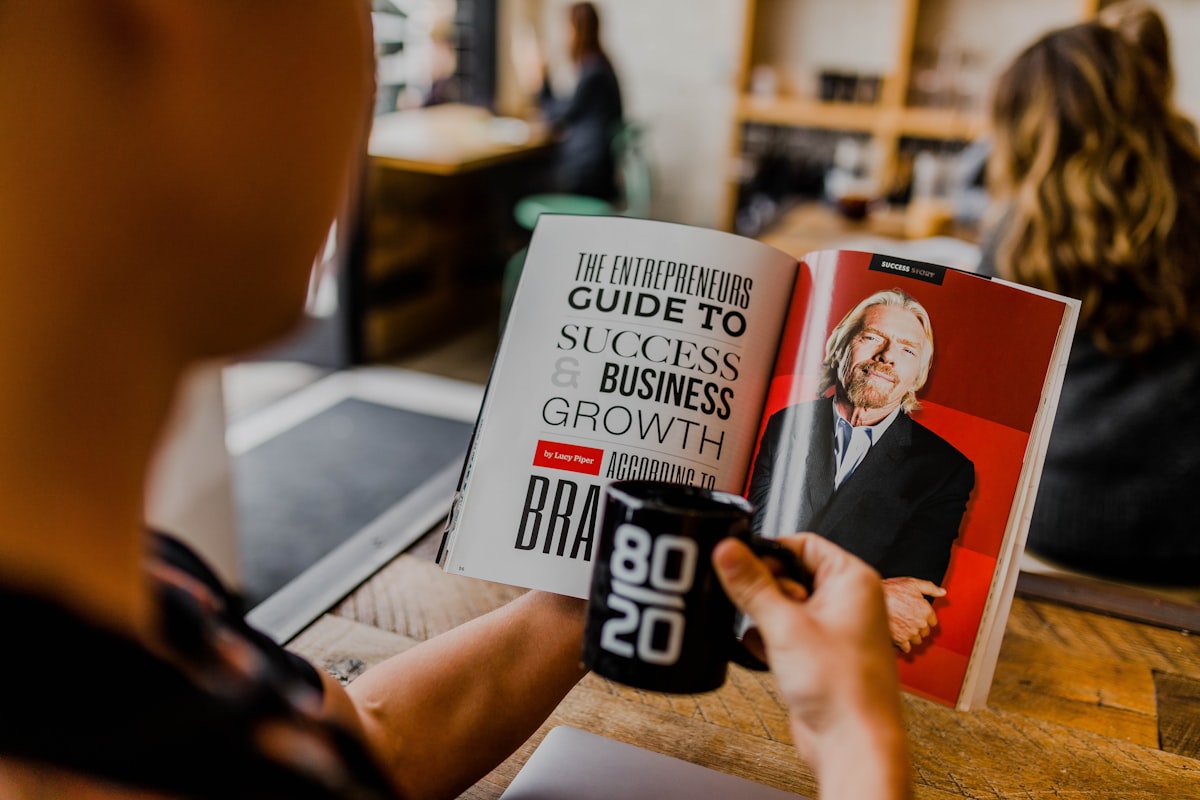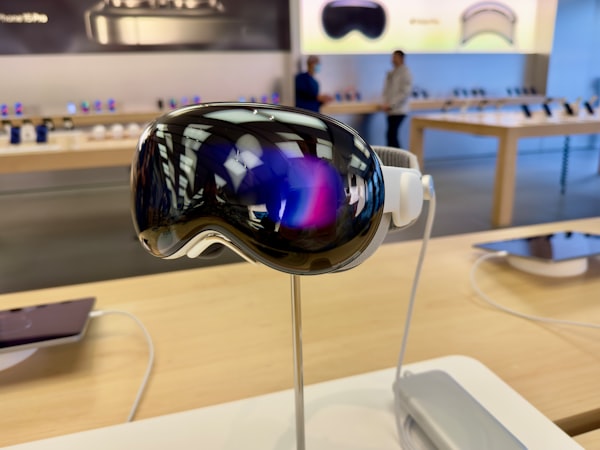Just Be Rich 🤷♂️

No one wants to be the bad guy.
When narratives begin to shift and the once good guys are labelled as bad it's not surprising they fight back. They'll point to criticisms as exaggerations. Their faults as misunderstandings.
Today's freshly ordained bad guys are the investors and CEOs of Silicon Valley.
Once championed as the flagbearers of innovation and democratization, now they're viewed as new versions of the monopolies of old and they're fighting back.
The title of Paul Graham's essay, How People Get Rich Now, didn't prepare me for the real goal of his words. It's less a tutorial or analysis and more a thinly veiled attempt to ease concerns about wealth inequality.
People who don't look any deeper than the Gini coefficient look back on the world of 1982 as the good old days, because those who got rich then didn't get as rich. But if you dig into how they got rich, the old days don't look so good. In 1982, 84% of the richest 100 people got rich by inheritance, extracting natural resources, or doing real estate deals. Is that really better than a world in which the richest people get rich by starting tech companies?
What he fails to mention is that concerns about wealth inequality aren't concerned with how wealth was generated but rather the growing wealth gap that has accelerated in recent decades. Tech has made startups both cheaper and easier but only for a small percentage of people. And when a select group of people have an advantage that others don't it's compounded over time.
Once you understand how these mechanisms work, and that startups were suppressed for most of the 20th century, you don't have to resort to some vague right turn the country took under Reagan to explain why America's Gini coefficient is increasing. Of course the Gini coefficient is increasing. With more people starting more valuable companies, how could it not be?

Paul paints a rosy picture but doesn't mention that incomes for lower and middle-class families have fallen since the 80s. This golden age of entrepreneurship hasn't benefitted the vast majority of people and the increase in the Gini coefficient isn't simply that more companies are being started. The rich are getting richer and the poor are getting poorer.

You would think, after having been on the side of labor in its fight with capital for almost two centuries, that the far left would be happy that labor has finally prevailed. But none of them seem to be. You can almost hear them saying "No, no, not that way."
And there we have it. The slight injection of his true ideology relegated to the notes section and vague enough that some might ignore. But keep in mind this is the same guy who argued against a wealth tax. His seemingly impartial and logical writing attempts to hide his true intentions.
Is this really about how people get rich or why we should all be happy that people like PG are getting richer while tons of people and struggling to meet their basic needs. Wealth inequality is just a radical left fairy tale to villainize the hard-working 1%. We could all be rich too, it's so much easier now. Just pull yourself up by your bootstraps.
There's no question that it's easier now than ever to start a new business and reach your market. The internet has had a democratizing effect in this regard. But it's also obvious to anyone outside the SV bubble that it's still only accessible to a small minority of people. Most people don't have the safety net or mental bandwidth to even consider entrepreneurship. It is not a panacea for the masses.
But to use that fact to push the false claim that wealth inequality is solely due to more startups and not a real problem says a lot. This essay is less about how people get rich and more about why it's okay that people like PG are getting rich. They're better than the richest people of 1960. And we can join them. We just need to stop complaining and just be rich instead.



